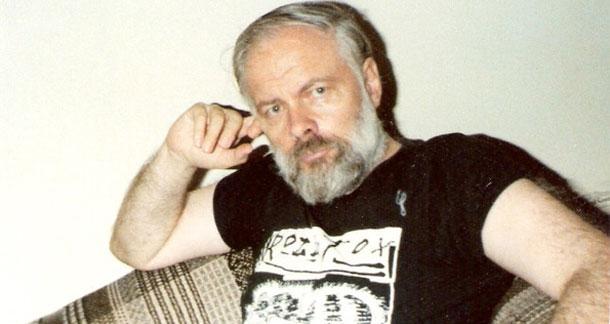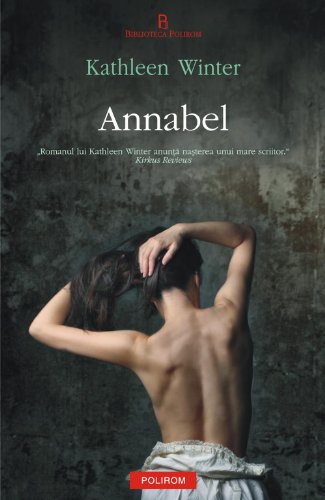 The talented, charming, and persistent(!) Priya Sharma has tagged me in a game of blog hop called “Three things I don’t write, and three things I do.” Priya’s stories are regularly published in prestigious markets and are then invariably snapped up and published in the year’s best collections. I’m lucky enough to be sharing a table of contents with her in Salt’s forthcoming Best British Fantasy 2014.
The talented, charming, and persistent(!) Priya Sharma has tagged me in a game of blog hop called “Three things I don’t write, and three things I do.” Priya’s stories are regularly published in prestigious markets and are then invariably snapped up and published in the year’s best collections. I’m lucky enough to be sharing a table of contents with her in Salt’s forthcoming Best British Fantasy 2014.
Three things I don’t write about…
I am not remotely interested in good-looking people having romances with each other, even if they are vampires or zombies. Especially if they are vampires or zombies. As a reader, that kind of thing makes me fall asleep, and as a writer, I just haven’t got anything to say on the subject.
High fantasy, and secondary world fantasy in general, is not my thing. I might write alternate histories or futures, portal fantasies or liminal fantasies – but they always have one foot in reality, because I think a writer’s job is to comment on the world – our world. Inventing other worlds as a form of escapism is of no interest to me.
I also hardly ever write about fruit.
Three things I do…
My characters tend to be people, usually women, who have some kind of problem with reality. This theme runs deep through all my work, and it is from this well that all my stories come bubbling up. Reality in my writing is nearly always ‘the real world’ (as opposed to a secondary or fantasy world) and the tension between consensus reality and the character’s reality is where all the interesting ideas come from.
A problem with reality might be triggered when a character experiences a head injury. I’m interested in injuries and illnesses and how they affect our experience of the world. We are our bodies, in very real and important ways. We live in our bodies. So I’m interested in how living in a compromised and hurt and injured body affects our relationship to reality.
Birds, dogs, and other animals are the messengers of the fractured realities experienced by my characters. We have such strange relationships with other creatures. They are the recipients of our great kindness along with our incredible brutality. (They can tell us a lot about what it is to be human.)
Tagging the wonderfully cool and super amazing Katrina Leno. Her YA novel, The Half Life of Molly Pierce is out now. And I really want to know her do’s and don’t’s so I can copy her and be as fabulous as she is.









